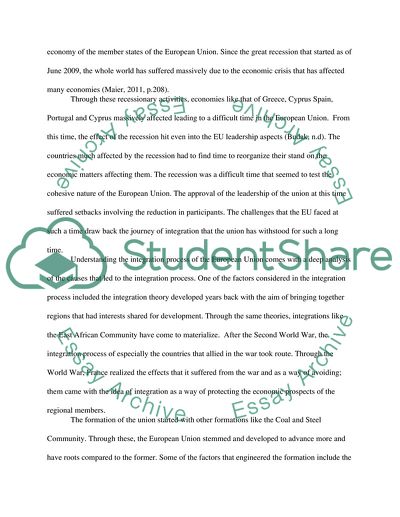Cite this document
(“European Parliament Elections 2014 Coursework Example | Topics and Well Written Essays - 1500 words”, n.d.)
European Parliament Elections 2014 Coursework Example | Topics and Well Written Essays - 1500 words. Retrieved from https://studentshare.org/politics/1655809-european-parliament-elections-2014
European Parliament Elections 2014 Coursework Example | Topics and Well Written Essays - 1500 words. Retrieved from https://studentshare.org/politics/1655809-european-parliament-elections-2014
(European Parliament Elections 2014 Coursework Example | Topics and Well Written Essays - 1500 Words)
European Parliament Elections 2014 Coursework Example | Topics and Well Written Essays - 1500 Words. https://studentshare.org/politics/1655809-european-parliament-elections-2014.
European Parliament Elections 2014 Coursework Example | Topics and Well Written Essays - 1500 Words. https://studentshare.org/politics/1655809-european-parliament-elections-2014.
“European Parliament Elections 2014 Coursework Example | Topics and Well Written Essays - 1500 Words”, n.d. https://studentshare.org/politics/1655809-european-parliament-elections-2014.


